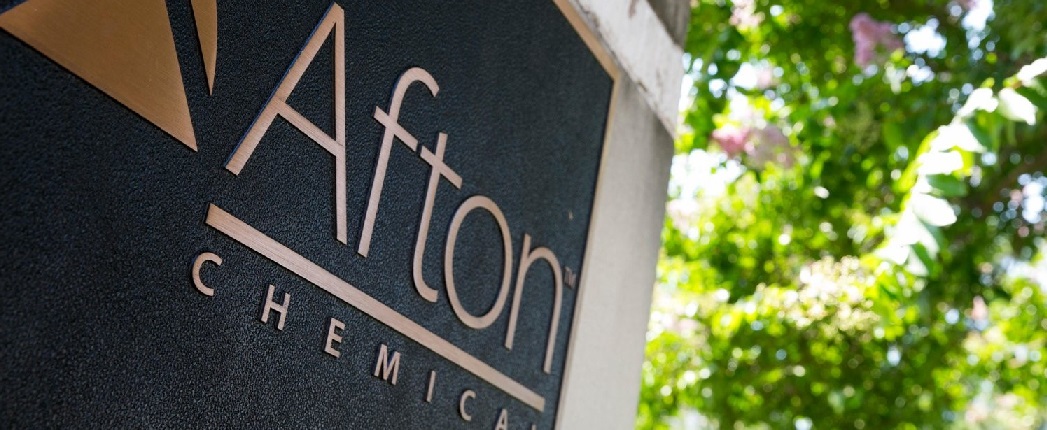
Afton Chemical lifted its force majeure declaration effective Sept. 8, the company confirmed to Lube Report. In July, Afton notified customers it declared force majeure effective July 26 because of flooding at its additives plant in Sauget, Illinois, caused by record rainfall in the St. Louis area, which caused an unplanned, sitewide outage.
Products affected by the force majeure included engine oil additive packages.
Afton customers had been placed on 50% allocation, particularly those who purchase engine oil additive packages and some off-road products from the company. Despite the lifting of the force majeure, sources said that some of the sales controls were expected to remain in place through the end of the month. Afton also assured customers that it would support reliable supply through its global supply network.
According to industry sources, Afton notified customers in August that while it was working to restore power to the site and unit operations, the unplanned outage left it temporarily unable to meet its supply commitments for certain products. As a result, Afton declared the force majeure event and told customers it would limit order quantities for products that are manufactured in North America – engine oil additive packages and some off-road products.
At the time, the company explained to customers that because it was already importing key components from its global supply network as part of its business continuity planning process, it couldn’t increase supply in other regions.
Supply issues had plagued the global additives market since a fire at the Lubrizol additives plant in Rouen, France, in September 2019 damaged the company’s facilities and removed large volumes of additives from the supply system. The global situation was exacerbated by the COVID-19 pandemic as companies worldwide implemented restrictions and many employees were unable to go to work, with several additive plants cutting production or temporarily shuttering operations.
During the last quarter of 2021 and first quarter of 2022, additives shortages had major impacts on lubricant blenders and finished products manufacturers, forcing them to lower production rates and implement allocation programs as well. While the situation had improved by July, some blenders still had difficulty obtaining additives, and prices continued to be exposed to upward pressure.
– Gabriela Wheeler contributed to this article.